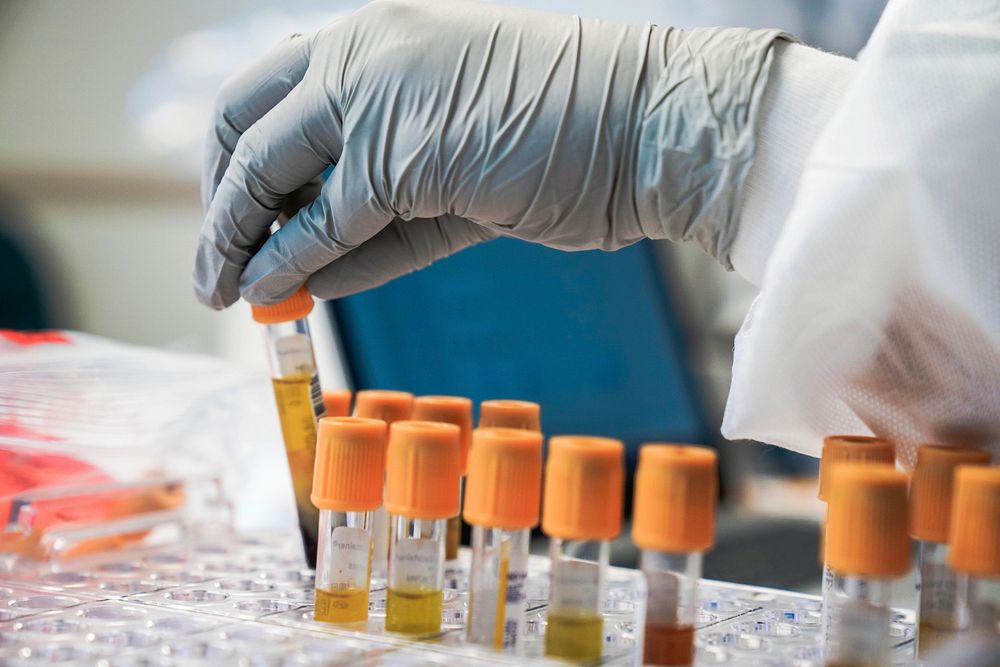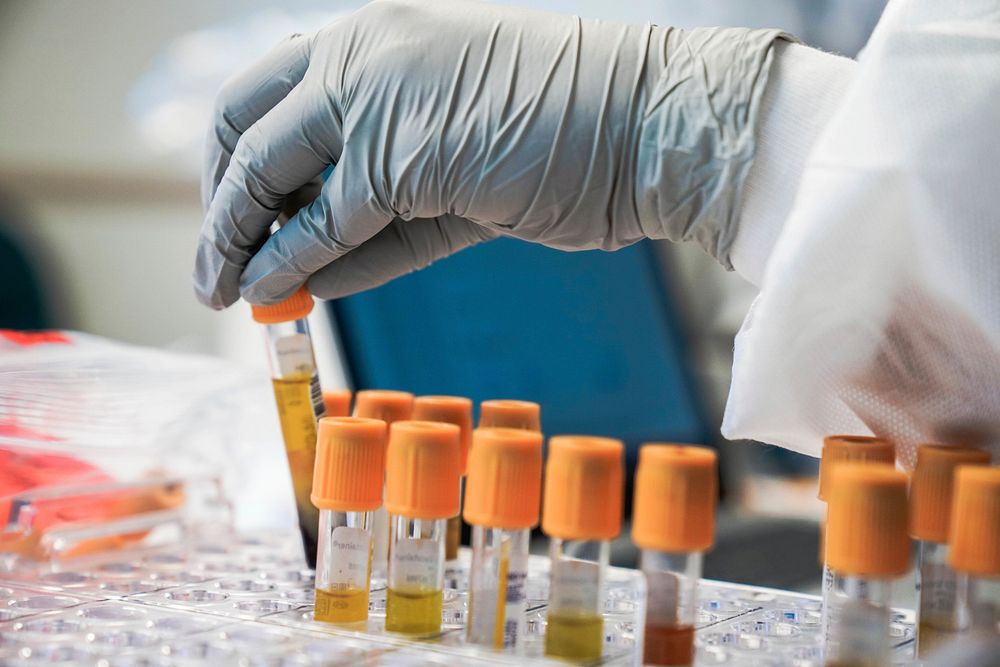ELISA or Enzyme-Linked Immunosorbent Assay is a laboratory technique used to detect antibodies, proteins, and amino acids. You can also use ELISA kits for detection and quantitation of cytokines, hormones, growth factors, receptors, and other protein-associated markers from a wide range of sample types such as serum, plasma, urine, or cell cultures (e.g., tumor biopsies).
It can help identify, diagnose, and monitor many conditions such as HIV/AIDS, hepatitis B, Tuberculosis (TB), common colds in humans. You can also use ELISA kits as tools for testing the quality of foods, pregnancy tests, drug tests, and so on. These kits have proven to be convenient, easy to use, and guarantees quick results.
we navigate the intricate landscape of laboratory experiments, shedding light on the crucial factors to contemplate when choosing Elisa kits. Navigating through the realms of scientific inquiry involves more than just conducting experiments; it’s about selecting tools that ensure accuracy and reliability. It’s not just about chemicals and assays; it’s a meticulous process of choosing Elisa kits that align with the specificity and sensitivity required for your research. As we explore the considerations while selecting Elisa kits, we unveil a spectrum of variables—from target analytes to assay formats—that researchers must weigh to guarantee the precision and success of their experiments. Each decision becomes a determinant of the scientific journey, contributing to the authenticity and robustness of the insights gained in the laboratory.
There are different ELISA kits in the market. They include sandwich, indirect, direct, and competitive ELISA kits. While ELISA kits are available in online medical stores, they may not guarantee accurate results. That is why understanding what parameters to check is crucial while buying one. Let’s examine six factors you should consider when purchasing an ELISA kit.
1.The Species Involved
Gene synthesis is specific to an antigen which makes it hard to test non-target species. Therefore, it is necessary to buy one designed for that species. You can get test kits for humans and rats easily in many pharmaceutical outlets.
It might be hard to find appropriate kits for testing samples obtained from non-classical species like dogs, cats, and monkeys. You should use an ELISA kit the manufacturer has authenticated for use on species with almost similar characteristics.
2. Sensitivity of The Kit to The Biomarker
Sometimes you can have a sample of an unknown biomarker concentration. Here, Elisa Kits with a broad detection range are an excellent choice. These kits will enable you to detect the analyte even if the quantity is low.
For test samples that have a low analyte concentration, go for highly sensitive kits. Some kits can detect low levels of the analyte. If you are using a highly concentrated sample, dilute it for easy detection of the analyte. When you have tested the kits and found the right one, you can use single dilutions to carry out long-term projects.
Indirect ELISA test kits are preferable when identifying the concentration of the antibodies in the sample.
3.Type of Antibodies (Abs)
The type of antigen that you are testing will determine the type of assay that you should use. Correctly match the antigen with the antibody present in the ELISA kit. Kit specificity is necessary to prevent cross-reactivity from occurring. It occurs when an antibody in the test kit attaches to a different marker other than your target biomarker.
Elisa kits use monoclonal antibodies, polyclonal or recombinant antibodies. Monoclonal Abs are specific to a distinct antigen (Ag). Therefore, if you use a test kit with monoclonal antibodies, ensure you get the right one. Polyclonal Abs can bind to a wide range of antigens. Therefore, ELISA kits with these Abs are a powerful tool for detecting antigens. It gives high signal levels when it recognizes the target antigen.
4.Type of Analyte
ELISA kits of different types are suitable for detecting diverse analytes, which are proteins. Therefore, it is necessary to know which type of biomarker is present in your test substance. You can identify this by the sizes.
Competitive ELISA test kits are ideal for detecting small molecules of proteins, while for large molecules, you should preferably use sandwich kits.
Other factors can affect the results you get. Consider these factors while choosing the kit to use. These factors include lipids in the sample and hemolysis of the cells present. Using trial size kits will enable you to know which kit will give you the best results.
5.The Sample Size
When working with small sample sizes, go for kits with an acute sensitivity to the analyte present. Most high sensitivity kits require as little as 10µl of the sample. A high-sensitive ELISA test kit enables you to use a small sample size to carry out many tests. It allows you to verify your results.
6.Your Budget
After considering other technical aspects of the kit, its cost also matters to some extent. The market has many types of ELISA kits. You can choose one that meets your needs but is also affordable.
The time you will spend working on the test is another thing to consider. It is necessary, especially when dealing with time-sensitive samples which get denatured when they stay for long. Choose an assay kit that will enable you to get the most accurate results quickly to avoid spending extra on samples.
Conclusion
ELISA tests have many uses at home, in industries, research institutes, hospitals, and schools. They are also convenient and easy to use. Choosing an appropriate kit will save you a lot of frustrations as you are working. Always read the instructions on the package to get concise information about the product and how it works. Also, consider trying kits from various manufacturers to get one that works best for your samples. It is necessary, especially in research.
Apart from that, if you are interested to know about The Importance Of Handling High Value Items the then visit our Daily Bites category.



